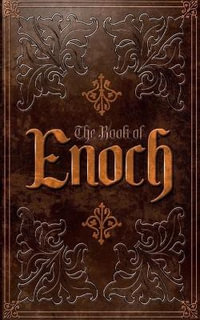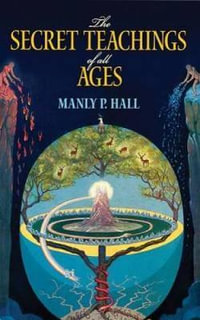
Hasidism Beyond Modernity
Essays in Habad Thought and History
Paperback | 3 January 2025
At a Glance
Paperback
$125.25
Aims to ship in 10 to 15 business days
When will this arrive by?
Enter delivery postcode to estimate
The Habad school of hasidism is distinguished today
from other hasidic groups by its famous emphasis on outreach, on messianism, and
on empowering women. Hasidism Beyond Modernity provides a critical,
thematic study of the movement from its beginnings, showing how its unusual qualities
evolved. Topics investigated include the theoretical underpinning of the
outreach ethos; the turn towards women in the twentieth century; new attitudes
to non-Jews; the role of the individual in the hasidic collective; spiritual
contemplation in the context of modernity; the quest for inclusivism in the
face of prevailing schismatic processes;
messianism in both spiritual and political forms; and the direction of the
movement after the passing of its seventh rebbe,
Rabbi Menachem Mendel Schneerson, in 1994. Attention is given to many contrasts:
pre-modern, modern, and postmodern conceptions of Judaism; the clash between maintaining
an enclave and outreach models of Jewish society; particularist and
universalist trends; and the subtle interplay of mystical faith and rationality.
Some of the chapters are new; others, published in an earlier form, have been
updated to take account of recent scholarship. This book presents an in-depth
study of an intriguing movement which takes traditional hasidism beyond
modernity.
Industry Reviews
Dr Harris Bor, The Jewish Chronicle
'Loewenthal has dug deep into the heart of Chabad's philosophy... his work is destined to be more than another dusty tome read only by a select cohort of colleagues in his field. Throughout the book, he maintains his humanity, a personal voice that compromises neither his objectivity nor his convictions. The observations of the scholar are considered side-by-side with the insights of school girls. There is no more moving testament to the challenge and the resilience of a postmodern movement; the prior categories exploded, the either/or thinking rejected, while the nucleus-present since the inception-is retained.'
Chana Silberstein, Lubavitch Magazine
ISBN: 9781835539965
ISBN-10: 1835539963
Series: The Littman Library of Jewish Civilization
Published: 3rd January 2025
Format: Paperback
Language: English
Number of Pages: 456
Audience: College, Tertiary and University
Publisher: Liverpool University Press
Country of Publication: GB
Dimensions (cm): 23.32 x 15.55
Weight (kg): 0.62
Shipping
| Standard Shipping | Express Shipping | |
|---|---|---|
| Metro postcodes: | $9.99 | $14.95 |
| Regional postcodes: | $9.99 | $14.95 |
| Rural postcodes: | $9.99 | $14.95 |
How to return your order
At Booktopia, we offer hassle-free returns in accordance with our returns policy. If you wish to return an item, please get in touch with Booktopia Customer Care.
Additional postage charges may be applicable.
Defective items
If there is a problem with any of the items received for your order then the Booktopia Customer Care team is ready to assist you.
For more info please visit our Help Centre.























